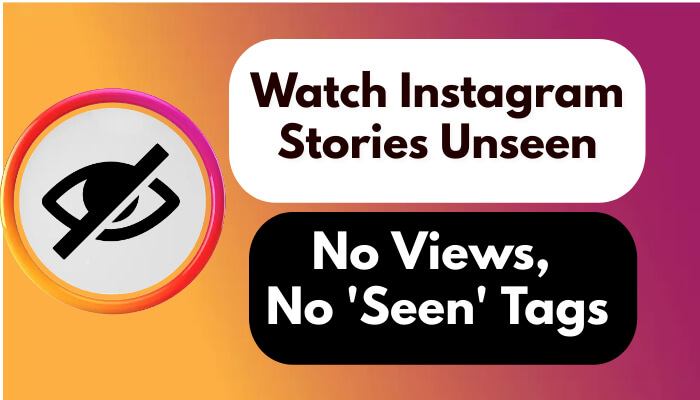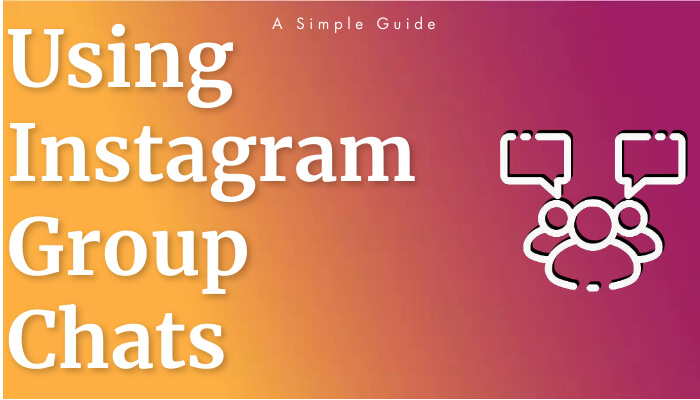
Will it ever be possible for Google to create an index of audio content that users can search through like web pages?
Result Of early checking out, which Google printed in a weblog article, indicates audio search is more difficult to accomplish than it might sound.
Main Points of those exams are shared in an editorial penned via Tim Olson, SVP of virtual strategic partnerships at KQED.
Google is partnering with KQED in a joint attempt to make audio more findable.
With the assistance of KUNGFU.AI, an AI products and services provider, Google and KQED ran assessments to figure out transcribe audio in a way that’s rapid and mistake-unfastened.
Here’s what they found.
The Difficulties of Audio Seek
The Best main issue to making audio seek a possibility is the reality that audio need to be converted to text before it might be searched and taken care of.
There’s recently no option to correctly transcribe audio in a way that allows it to be discovered temporarily.
the one method audio search on a worldwide scale may ever be imaginable is through computerized transcriptions. Guide transcriptions could take really extensive time and energy clear of publishers.
Olson of KQED notes how the bar for accuracy must be high for audio transcriptions, especially while it involves indexing audio information. The advances made up to now in speech-to-text don't these days meet the ones standards.
Obstacles of Current Speech-to-Text Era
Google carried out tests with KQED and KUNGFU.AI by way of applying the most recent speech-to-textual content equipment to a set of audio news.
Obstacles had been discovered in the AI’s ability to identify proper nouns (also known as named entities).
Named entities sometimes need context to be understood to be identified accurately, which the AI doesn’t always have.
Olson gives an example of KQED’s audio information which includes speech stuffed with named entities that are contextual to the Bay Space area:
“KQED’s local news audio is rich in references of named entities associated with subjects, other people, puts, and organizations which are contextual to the Bay House region. Audio System use acronyms like “CHP” for California Highway Patrol and “the Peninsula” for the realm spanning San Francisco to San Jose. These are harder for synthetic intelligence to identify.”
Whilst named entities aren’t understood, the AI makes its perfect wager of what was once stated. Alternatively, that’s an unacceptable resolution for web search, as a result of an incorrect transcription can modification all the meaning of what was once mentioned.
What’s Subsequent?
Paintings will proceed on audio seek with plans to make the era broadly out there whilst it gets developed.
David Stoller, Spouse Lead for News & Publishing at Google, says the technology can be openly shared whilst paintings on this challenge is whole.
“considered one of the pillars of the Google New Initiative is incubating new strategies to difficult problems. As Soon As entire, this technology and related perfect practices shall be overtly shared, greatly expanding the predicted impact.”
Nowadays’s system studying fashions aren’t learning from their mistakes, Olson of KQED says, which is where people might have to step in.
The Following step is to check a comments loop the place newsrooms assist to enhance the device learning fashions via making a choice on commonplace transcription errors.
“We’re confident that in the near long term, enhancements into those speech-to-textual content fashions may help convert audio to text sooner, in the long run serving to other folks in finding audio information extra effectively.”
Supply: Google







